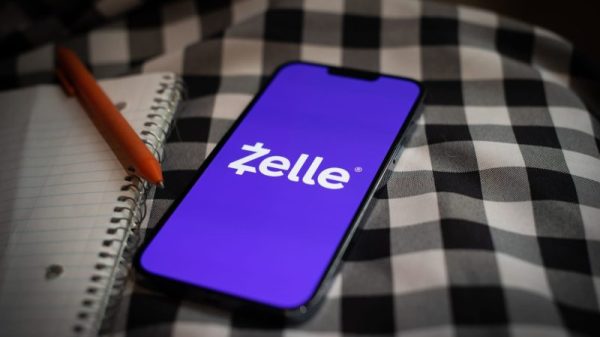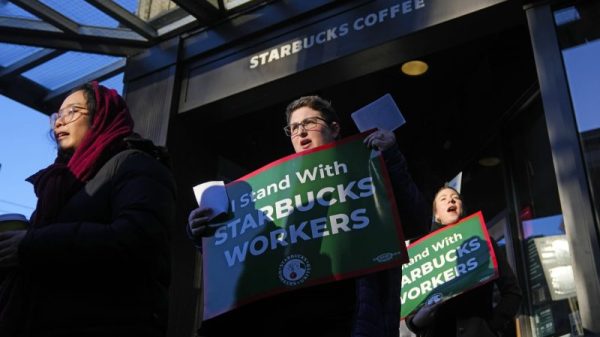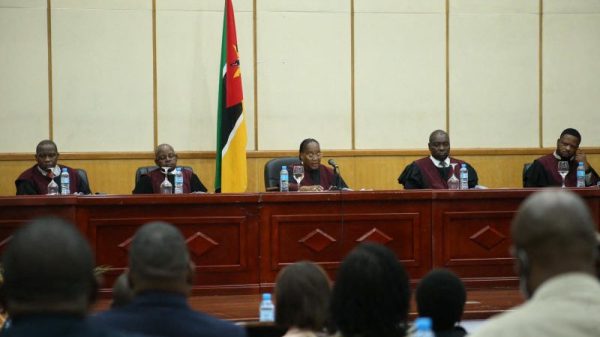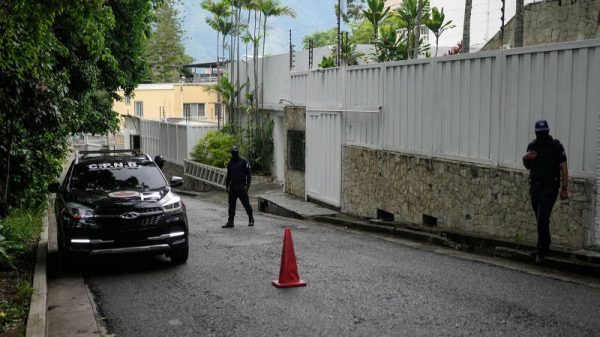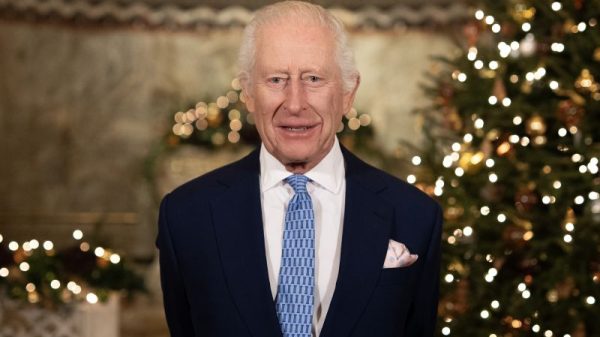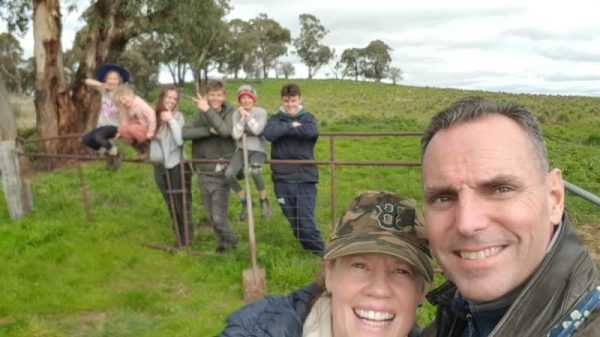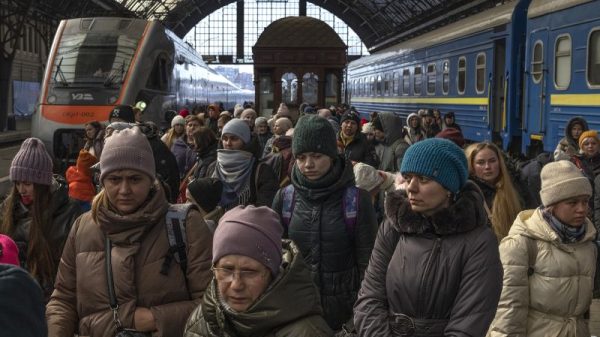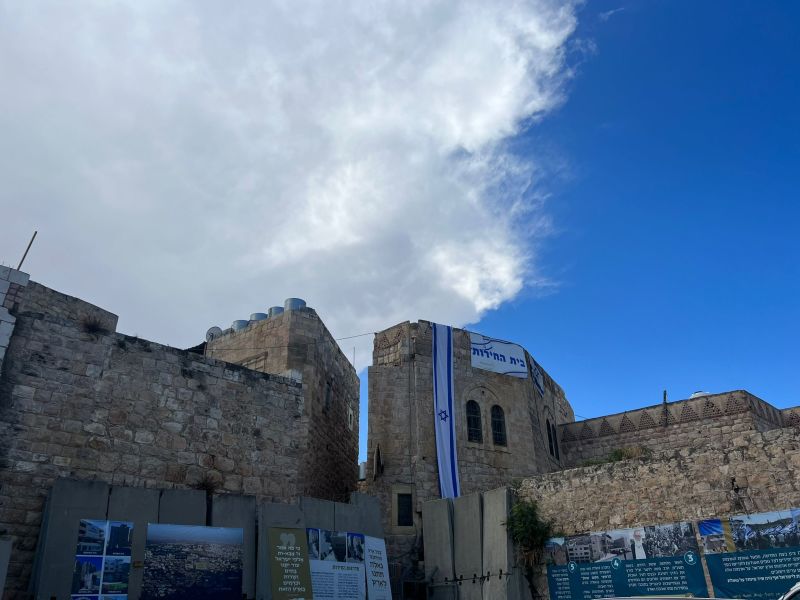Betar, who works at the local polytechnic college, said those restrictions became a chokehold the day Hamas militants from Gaza attacked Israel, killing at least 1,200 people. The 47-year-old is one of thousands of Palestinians living in nearly a dozen neighborhoods in Israeli-controlled areas of Hebron, who have been effectively “imprisoned at home” by the Israel Defense Forces (IDF) since October 7, according to Israeli human rights group B’Tselem.
A full curfew was imposed that day on those neighborhoods, which surround Hebron’s old city, where Palestinians were not allowed to leave their homes, according to B’Tselem and other residents. It was partially lifted two weeks later, allowing Palestinians to leave the area between 8 and 9 a.m. and return home between 4 and 5 p.m. on Sunday, Tuesday and Thursday, said Betar.
Residents and activists have complained about running out of food, adults missing work, of being fearful and facing threats from settlers for opening their windows or letting their children out onto the street, and being prevented from returning home in time for curfew as they attempt to pass some of the dozens of checkpoints that populate the area.
When Betar’s wife fell ill and was struggling to breathe last week, the curfew prevented the couple from walking out to see a doctor, so an ambulance had to be called. “I am not allowed to open my door or my window… I called the ambulance, and they arrived after two hours and 57 minutes exactly,” he said, explaining that the medics had to gain Israeli permission to enter the area and navigate a series of checkpoints to get to his home.
The IDF said there had been “a significant increase in terrorist attacks” in the West Bank since the war began and that its troops had been conducting “nightly counterterrorism operations to apprehend suspects, some of them are part of the Hamas terrorist organization.”
While it did not address the curfew directly in the statement, the IDF said that “as part of the security operations in the area, dynamic checkpoints have been put up over different places. The mission of the IDF is to maintain the security of all residents of the area, and to act to prevent terrorism and activities that endanger the citizens of the State of Israel.”
Increased separation
Israel has occupied the West Bank since seizing the territory from Jordanian military occupation in 1967. It later agreed to transfer limited control over parts of the territory to the Palestinian Authority, after agreements signed in the 1990s. But Israel has continued to build settlements there, considered illegal under international law, encroaching into land that Palestinians and the international community view as territory for a future Palestinian state. Israel views the West Bank as “disputed territory,” and contends its settlement policy is legal.
The West Bank has seen a surge in settler attacks this year, including one that an Israeli military commander called a “pogrom.” The issue has concerned United States officials, with President Joe Biden saying that the US was prepared to issue visa bans against “extremists attacking civilians in the West Bank,” in a Washington Post op-ed over the weekend.
Even by the standards of the West Bank, the situation in Hebron is complicated. A predominantly Palestinian city, it has Israeli settlements right in the center. The result is both a physical and legal segregation between the hundreds of Jewish settlers and the thousands of Palestinians who live on the streets around the old city.
As Betar’s home is meters away from one of the West Bank’s most contested and holiest places, known to Jews as the Cave of the Patriarchs and to Muslims as the Ibrahimi Mosque, he is restricted from turning right when he exits his front door.
His neighborhood began to hollow out after a 1994 massacre when a Jewish settler walked into the Ibrahimi Mosque and killed 29 people, say residents, prompting Israel to introduce a policy of separation in the area, according to a 2019 United Nations report.
That policy hardened following the second Palestinian intifada between 2000 and 2005 and increasing Jewish settler-Palestinian violence that saw the deployment of new checkpoints, restrictions on the movement of Palestinians and closure of shops.
Thousands of Palestinians have since been forced to leave the area amid the settler attacks and “constant raids and incursions into their homes by Israeli forces, which often include the temporary takeover of parts of the homes,” the report added.
The old city is now a warren of restrictions and limits for the Palestinians living there. Some areas around Israeli settlements and the Jewish side of the Cave of Patriarchs, close to Betar’s home, have been entirely closed off to Palestinians for decades, according to a map by B’Tselem and conversations with residents.
The Palestinian population in the area has meanwhile shrunk to an estimated 33,000 people, says Sadot, B’Tselem’s spokesperson, and she and other activists worry restrictions are being used as a pretext to push Palestinians out altogether.
The post-October 7 restrictions are “not happening in a political vacuum,” Sadot said. Last year, Israel gained its most right-wing government in history, with some government ministers, like National Security Minister Itamar Ben Gvir, supporting the annexation of the West Bank. Ben Gvir himself lives in Kiryat Arba, a settlement on the outskirts of Hebron.
‘An unannounced war’
The restrictions on Palestinians’ movement are in stark contrast to the freedoms afforded an estimated 700 hardline Jewish settlers, living in areas of the old city and still free to move about with the military’s protection. They are also accused of behaving with impunity and violence towards Palestinians and their property.
“They were IDF soldiers,” he said, adding that Amro “should be behind bars, he’s a criminal of the worst kind – just happens to be a front, a slick with liberal language.”
Amro’s attorney, Sfard, said in the statement that “if there was a shred of evidence that he has been engaging in any criminal activity he would immediately be sent for a long time in prison. The fact that Issa is not in prison means that all the efforts by the settlers and their supporters and by the occupation to frame him have all failed. All they have left is to incite and spread lies about Issa.”
The West Bank has thousands of years of Jewish history and many Jewish holy sites; religious-national settlers, like those in Hebron, believe these have always been part of the Land of Israel, as promised to the Jewish people in the Old Testament. Settlers believe Hebron should be under Israeli sovereignty as “it is an integral part of Jewish history,” Fleisher said.
About 500,000 Jewish settlers now live in the West Bank, according to Peace Now, an Israeli group that advocates for peace and monitors settlements. Many of these settlements are heavily guarded, fenced-off areas that are completely off limits to Palestinians.
Most of the world considers these settlements illegal under international law and Israel has been criticized for allowing their expansion – and, in some cases, supporting them with tax breaks and state-funded security.
A ghost town
The once-bustling market streets and thoroughfares now stand empty, apartment windows are closed and covered in metal grates, and a dead cat lies decomposing on a road.
Palestinian resident Ahmad, who declined to provide his last name for fear of repercussions, says his family moved to the area when he was seven. Even back then, it was too dangerous for Palestinian children to play outside, he said, adding: “It was not a childhood.”
In “normal” times, the threat of settler attacks was high, but now his family is too scared to leave their home, he said. “It’s a really dangerous thing, the settlers really hate us,” he said.
The curfew introduced after October 7 left him unable to work until November, depleting his savings, he said. He now stays with relatives in the Palestinian-controlled side of Hebron during the week, so he can earn an income as a barista, and bring home food when the checkpoints open on Sunday.
Betar grew up in the home he currently lives in, as did his father and grandfather. It is why he is refusing to leave. The past month has however pushed him to the brink.
His house has no yard, so he had fenced up the roof so his five children could run around. But since the Hamas attacks, soldiers on roof positions have told them to remain inside the house.
It now takes him hours to do a simple supermarket shop due to the three checkpoints he has to pass to get home, in narrow timeslots.
He could instead walk across the road from his house to the café and souvenir shop. But Betar is not allowed in as the road itself is closed to Palestinians. Meanwhile, visitors, settlers and soldiers freely use the cafe.
“We’ve had enough –– we want to enjoy our lives as any person in the West,” he said.







